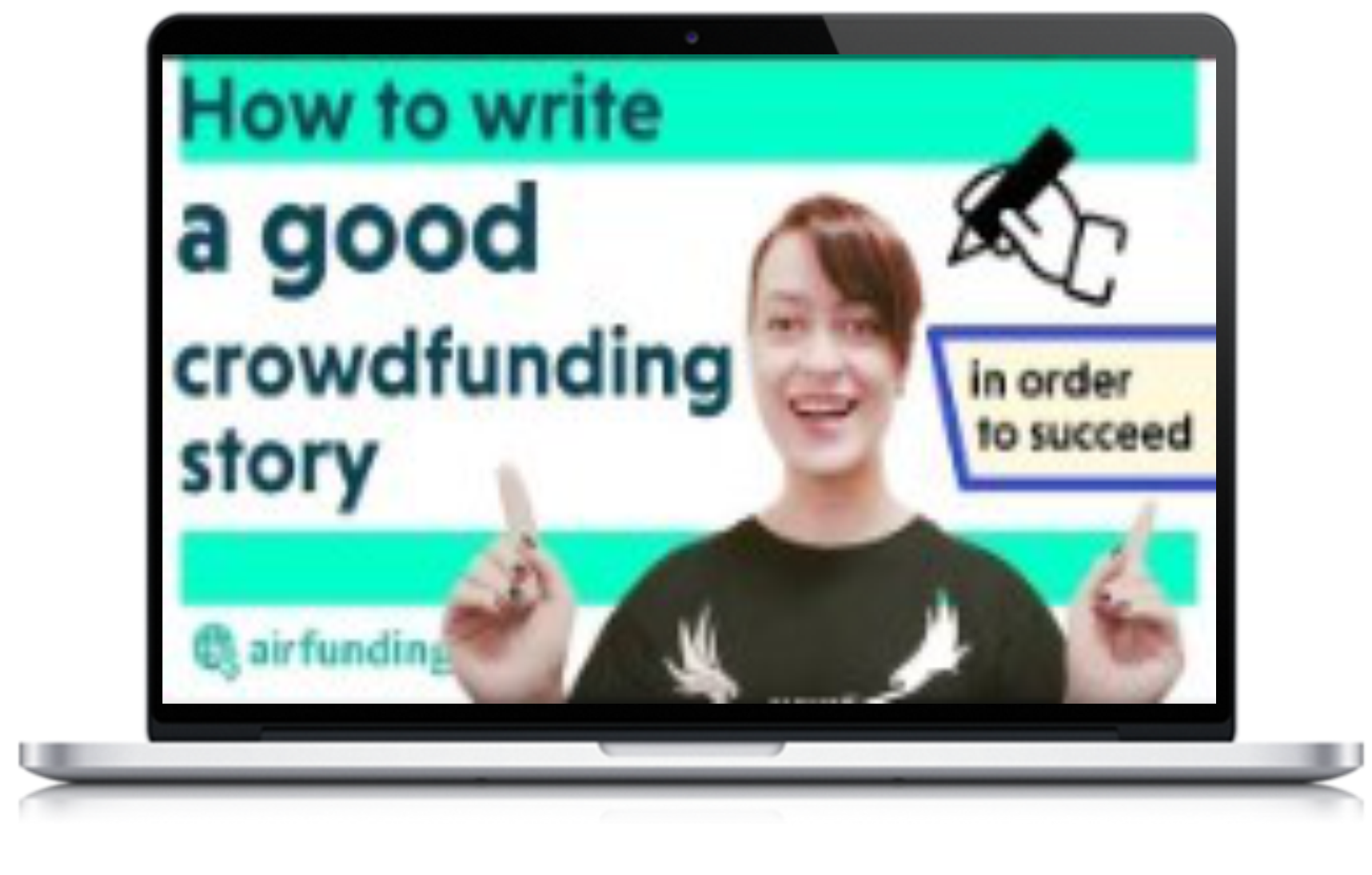- Home
- Study guide
- Module 1
- Topic 1: What is Student Digital Civic Engagement?
- Topic 2: How is Digital Civic Engagement Impacting Universities (and Beyond)?
- Topic 3: What Competences do Student Civic Engagers Develop?
- Topic 4: What does Student Digital Civic Engagement Look Like in Practice?
- Evaluation test for module 1
- Resources and further studies (Module 1)
- Module 2
- Topic 1: Problems that need solving – spotlight on global issues
- Topic 2: Improving your community through civic engagement
- Topic 3: Taking a service-learning approach to an DCE project
- Topic 4: DCE is building your competency levels. Here are the opportunities
- Evaluation test for module 2
- Resources and further studies (Module 2)
- Module 3
- Topic 1: What Do Great Digital Civic Engagement Projects Include?
- Topic 2: Getting Involved In Your First Digital Civic Engagement Project/ Initiative
- Topic 3: Using Technology To Enhance Your Civic Engagement Work
- Topic 4: Designing/ Delivering Digital Civic Engagement Solutions
- Evaluation test for module 3
- Resources and further studies (Module 3)
- Module 4
- Module 5
- Topic 1: Estimating Project Costs And Financial Needs
- Topic 2: Spotlight On Lean Start Up and Sustainable Business Model Canvas
- Topic 3: Crowdfunding Your Civic Engagement Projects /Causes
- Topic 4: Leveraging the power of corporate social responsibility
- Evaluation test for module 5
- Resources and further studies (Module 5)
- Module 6
- Topic 1: Why Building Credibility, Trust and Relationships are Key
- Topic 2: Cultivating and Growing a Student Civic Engagement Community
- Topic 3: Spotlight on Mission Marketing
- Topic 4: Technology Tools to Help You Share and Spread Your Civic Engagement Work
- Evaluation test for module 6
- Resources and further studies (Module 6)

Topic 3: Crowdfunding Your Civic Engagement Projects /Causes
This topic covers the concept of crowdfunding, and how students can use different forms of funding to help establish their DCE projects. The learning outcome of this section is to recognise and understand some of the tools and platforms that are available that students will potentially be able to use to help fund their projects.
 What is Crowdfunding?
What is Crowdfunding?
Crowdfunding is where lots of people (a “crowd”) help to provide funding. It can be a successful way for projects, causes, startups or smaller businesses to get many small donations from multiple people.
Crowdfunding requires a project or business to convince the crowdfunders that their project is worthy of being funded. The art of storytelling is vital.
There are four different types of crowdfunding:
- Donation. Donation-based crowdfunding is where backers expect nothing in return, they donate purely out of interest and support for the project.
- Debt. A Debt-based donation (or peer-to-peer lending) is a bit like a loan. Donors pledge money as a loan, and this money must be paid back with interest by the recipient by a certain timeframe
- Rewards. Donors receive something in return for their donation. It is usually something small like a t-shirt or something with the company’s branding. It may also be the product or service itself at a discounted price.
- Equity. In some cases, projects will give away a portion of their business in exchange for donations. Participants receive a share in the company equal to the amount they have donated.
Examples of Crowdfunding Websites
Researching and choosing the right crowdfunding website for you is wise in order to help your campaign be successful. Terms and conditions do apply – make sure to read them!
Kickstarter is a rewards-based crowdfunding site. Set up in 2009, Kickstarter has helped raise billions for over 100,000 different projects. Kickstarters usually provide their product or service as a reward once they reach their target.
Link to the Kickstarter website
GoFundMe is a donations-based crowdfunding site. Although usually used for charitable causes, businesses can also use the platform to gain donations for their campaign.
Link to the GoFundMe website
LendingClub is a debt-based crowdfunding site. It uses the method mentioned earlier of peer-to-peer lending. It offers personal loans and financing for small businesses over the period of 3 – 5 years.
Link to the LendingClub website
Hubbub works with universities on crowdfunding for student and alumni projects. They rightly feel that crowdfunding is also an exciting way for students to develop an array of entrepreneurial skills. From creating their crowdfunding pitch, to promoting the project and thinking outside the box when under pressure to reach the target as the deadline approaches, the whole process is an excellent lesson in marketing.
Link to the hubbub website
Hubbub’s aims are two-fold.
1) They aim to be the leading provider of digital fundraising solutions for the education and non-profit sectors, helping organisations deliver mass engagement, participation and fundraising campaigns through mobile, web and social media.
2) They aim to educate individuals who want to create crowdfunding campaigns for good causes, on their free platform https://www.hubbub.net/solutions/crowdfunding
Tips for Successful Crowdfunding
- Make your campaign stand out with great story telling. People invest in campaigns that resonate with them. Maybe they think the campaign leader is genuine, or the product/service being crowdfunded is relevant and important to them. A strong storytelling campaign will help you to stand out from the crowd. Utilising many different platforms such as social media and videos about why people should donate to your campaign can be very helpful.
-
Keep communication clear and open.
Your backers are important, so ensure you keep them updated on what’s going on with your campaign. You may encounter difficulties and setbacks during crowdfunding, so it is vital your backers are aware of any potential delays. Even after your campaign has ended, let your donors know about the next step for your project. Keeping your backers in the loop can help build repertoire for your project, that feelgood factor that will last. - Adequately prepare for your campaign. Don’t just launch your campaign and assume that backers will come flooding in. Make yourself known well before you start crowdfunding. Keep your social media profiles active. Tell people you know about your upcoming campaign. Word of mouth can be very beneficial for your campaign. Give yourself plenty of time to plan your campaign. Rushing to get marketing material out on the day of your crowdfunding launch won’t benefit you. Take your time and get off on the right foot with your backers.
Take a look at this video on how to write a good crowdfunding story in order to succeed
 https://www.youtube.com/watch?v=6fqfQdpYzeQ
https://www.youtube.com/watch?v=6fqfQdpYzeQ



